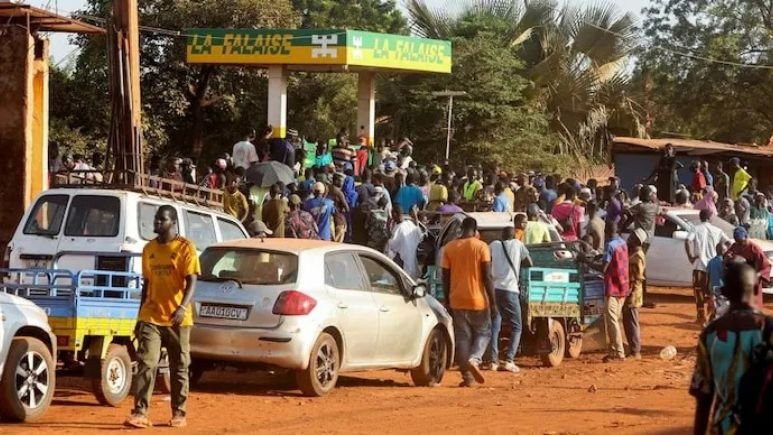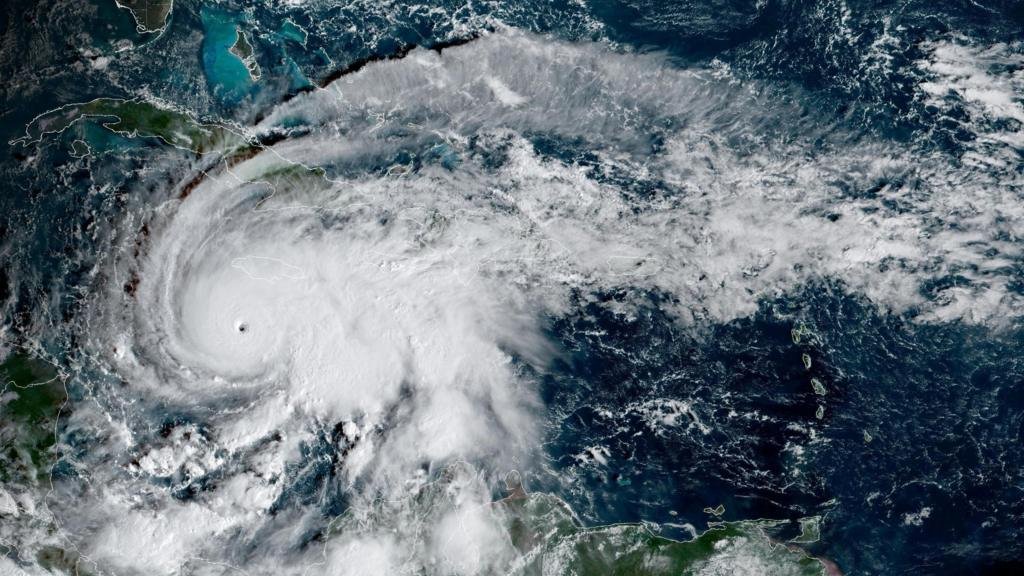In 2025, Mali a landlocked Sahelian nation wracked by years of political instability has once again grabbed global headlines. But this time, it’s not only the Malian people who are suffering; the growing presence of militant groups like Al-Qaeda in the Islamic Maghreb (AQIM) and ISIS-affiliated factions is putting the lives of foreign nationals, especially Indian workers, in unprecedented jeopardy. As fresh reports of Indians kidnapped in Mali 2025 surface, families in India anxiously await news, while international observers call for urgent action to protect global citizens in one of Africa’s most dangerous corners.
Mali’s Descent: From Coup to Chaos
The decade-long security crisis in Mali has deep roots. Decentralized militias, extremist takeovers, and repeated coups have collapsed the state’s grip on its vast desert regions. Most recently, the 2024 political shake-up hollowed out what little central authority remained, leaving foreign aid workers, engineers, and expatriate labourers dangerously exposed. Mining, construction, and infrastructure projects often employing hundreds of Indians and South Asians are prime targets for terror groups seeking ransom or political leverage.
Militant factions linked to both ISIS and Al-Qaeda have filled the vacuum, launching attacks on UN bases, local security forces, and, disturbingly, initiating a new wave of kidnappings against foreigners. The shadow economy of abductions has become a lucrative and destabilizing revenue stream for these groups.
The Risk to Indian Workers and Foreign Nationals
Indians have long been drawn to Mali for work, especially in gold mining and infrastructure sectors desperate for skilled labor. While contractors often promise secure compounds and armed escorts, the reality is that convoys and job sites are frequently located outside urban strongholds and protected “green zones.” As the rule of law wanes and attacks against locals go underreported, Indian and other Asian workers face uniquely sharp risks:
- Targeted Abductions: Militant groups know that foreign hostages fetch high ransoms and global press attention. Indians have been singled out due to large numbers and the perceived willingness of companies or governments to pay for release.
- Lack of Consular Presence: India, like many nations, has minimal diplomatic infrastructure in West Africa. Quick rescue or negotiation is logistically complex.
- Communication Gaps: Language barriers and geographical isolation make it harder for Indian workers to report threats or seek help quickly.
- Psychological Toll: Families in India face agonizing waits for news, made worse by government reticence to discuss sensitive negotiations in public.
Recent Incidents: Alarming Statistics From 2025
As of mid-2025, multiple credible reports confirm the abduction of at least 15 Indian nationals in southern and central Mali, with victims taken from both mining operations and aid convoys. These kidnappings often involve brutal overnight raids or intercepts on remote highways, with militants releasing videos or demands via encrypted messaging channels.
India’s external affairs ministry is working closely with the UN, French forces, and regional African partners for safe return, but outcomes are far from certain. In past incidents, hostages have remained in captivity for months sometimes rescued, sometimes released after undisclosed payments, and tragically, in rare cases, lost to violence.
Broader Impact: Fear, Disruption, and Diplomacy
- Business Slowdown: Heightened threat levels result in project suspensions, reduced foreign direct investment, and mass evacuation of expatriate workers. India’s construction, power, and infrastructure firms are reassessing all future African operations.
- Humanitarian Cost: Aid organizations, already stretched thin by conflict and displacement in Mali, struggle to maintain staffing, further endangering vulnerable populations.
- Diplomatic Strain: Each high-profile kidnapping tests India’s crisis management and negotiation skills, occasionally leading to diplomatic friction with Malian authorities or international counterparts.
- Ripple Effects: The threat deters not only companies but also peacekeepers, journalists, and NGOs deepening Mali’s isolation and economic paralysis.
India’s Response: Precaution, Partnership, and Pleas
Recognizing the urgency of the “Indians kidnapped Mali 2025” crisis, the Indian government has issued the strongest travel advisories yet, explicitly warning against all non-essential travel to Mali and urging citizens already in-country to remain in secure settlements. Indian embassies in neighboring African states have been mobilized to offer logistical support, while hotline services have been set up for families at home.
India is also engaging multilaterally sharing intelligence, cooperating with local law enforcement, and contributing drone and surveillance assets through UN peacekeeping missions. At the same time, New Delhi is lobbying Bamako to reinforce security for foreign workers and push back more aggressively against terror factions operating in its territory.
Lessons and the Road Ahead
- For Indian Corporations: Risk assessments and security protocols must be non-negotiable. Vetting contractors, maintaining constant communication with embassies, and budgeting for crisis contingencies have become vital.
- For Workers and Families: Staying informed, registering with embassies, and using location-tracking apps or satellite phones can improve individual safety margins.
- For Policymakers: Balancing international economic ambitions with citizen protection in high-risk hotspots is now a central challenge.
- For the Global Community: Mali’s crisis is a warning; unchecked extremism in fragile states is never “contained” it has truly global consequences.
Conclusion: Security, Solidarity, and the Search for Solutions
The Indians kidnapped Mali 2025 crisis is more than a diplomatic or economic issue it’s a deeply human tragedy that demands urgent, coordinated action. As Indian families wait for word and businesses recalculate their futures, the episode underscores that in a connected world, peace and security abroad are intimately linked to safety and opportunity at home. Only with robust safeguards, proactive diplomacy, and international cooperation can Indian workers and all foreign nationals hope for a safer tomorrow in Mali and beyond.


